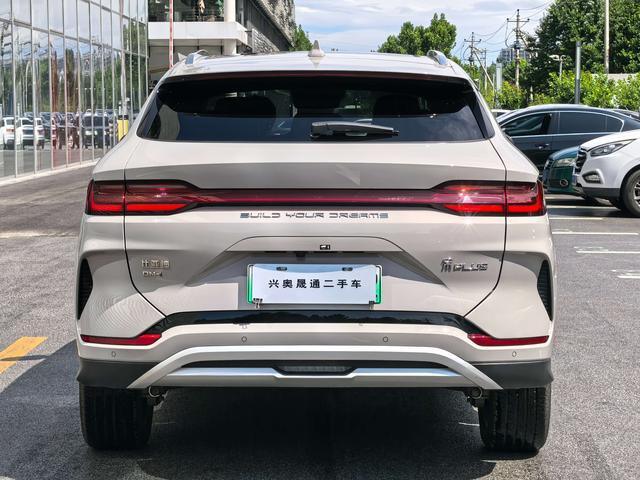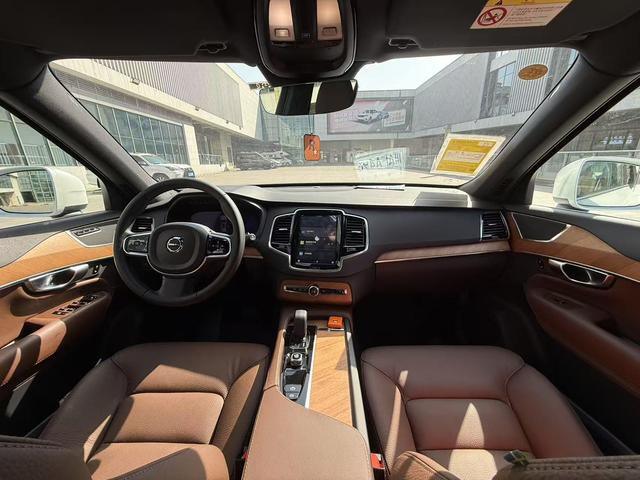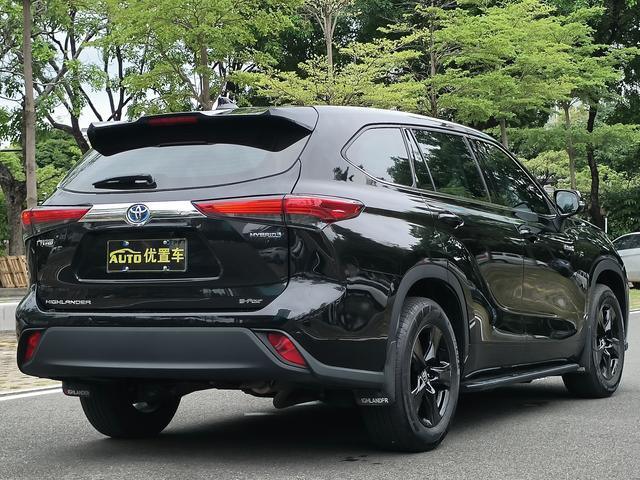a new cars
Modern automotive innovation has reached new heights with the latest generation of vehicles entering the market. These new cars represent a remarkable fusion of cutting-edge technology, enhanced safety features, and sustainable engineering. Advanced driver assistance systems (ADAS) have become standard equipment, incorporating features like adaptive cruise control, lane keeping assist, and automated emergency braking. The integration of artificial intelligence enables these vehicles to learn driver preferences and optimize performance accordingly. Connectivity features allow seamless smartphone integration, wireless charging, and over-the-air software updates. Many new models now offer hybrid or fully electric powertrains, delivering impressive performance while reducing environmental impact. Interior designs emphasize both comfort and functionality, with customizable digital displays, ambient lighting, and ergonomic controls. Enhanced materials and construction techniques have improved both safety and durability, while reducing overall vehicle weight. Advanced aerodynamics and powertrain efficiency improvements have resulted in better fuel economy without sacrificing performance. These vehicles also incorporate sophisticated entertainment systems with high-resolution touchscreens, premium audio systems, and various connectivity options for streaming services.


